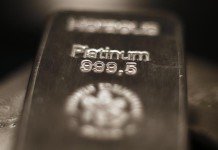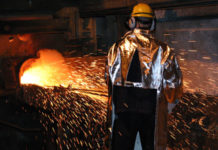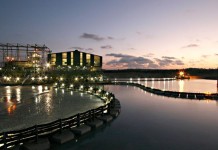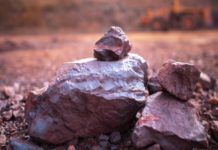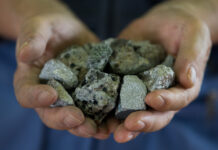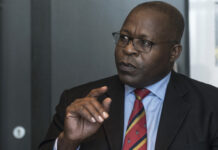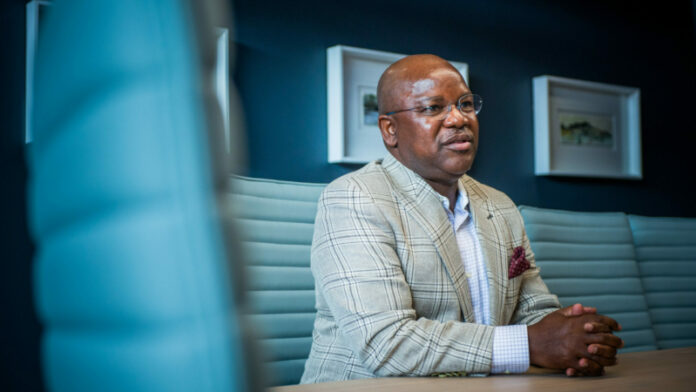
THUNGELA Resources would consider adding metallurgical coal assets to its portfolio as there was a “natural adjacency” to its thermal coal production, said CEO July Ndlovu.
“Metallurgical coal is an interesting aspect for us. The markets are something we understand and understand well,” said Ndlovu in an interview last week. “The logistics are exactly the same” he said, adding that open cast metallurgical mines were “very much down our alley”.
“Therefore, this is a commodity that we think we have a right to win in,” said Ndlovu. “And I think that would be a natural adjacency for us to grow our portfolio. Beyond that, I think the board will continue to apply its mind, and I’m sure my successor doesn’t want me giving him advice on where he’d invest after,” he said.
Ndlovu is due to retire from Thungela in August although he will remain at the firm until year-end handing over the business to CEO-designate Moses Madondo, currently CEO of De Beers Consolidated Mines.
Since demerging from Anglo American in 2021, Thungela has kept to mining thermal coal mines investing about R9bn in its South African mines and another R4bn offshore. Ndlovu said the company always demurred on diversification because thermal coal was a mineral the company “could win in”.
After benefiting from record thermal coal prices in 2022, which helped finance the firm’s reinvestment and expansion plans, as well as R20bn in shareholder returns, the market has turned down in recent months.
A contraction in thermal coal prices resulted in a 29% decline in net profit to R3.54bn for Thungela’s 2024 financial year. Prices for the fuel have remained low ($90/t for South African benchmark coal), but Ndlovu was hopeful of a turnaround.
The company has guided to 13.6 million tons (Mt) in thermal coal exports for this year. This compares to last year’s 13.6Mt, (itself 11% higher year-on-year) amid a turnaround in the performance of Transnet Freight Rail’s export volumes.
Ndlovu said that Transnet exports were on the up with annualised tons sitting at around the 56Mt with the prospect of increasing further once Transnet completed its annual maintenance programme on the coal export line, possibly to 60Mt, he said.
The firm’s Ensham mine in Australia’s Queensland could also be “ten times bigger”, said Ndlovu referring to the mine’s planned expansion, details of which remain undisclosed while Thungela waits on environmental approvals from Queensland authorities.
Despite the improved medium-term outlook for thermal coal, metallurgical coal has its benefits. It commands a premium over other coals owing to its application to blast furnace technology that helps the steel industry reduce carbon emissions.
“Global supply has tightened in recent years, with limited new mine developments coinciding with rising blast furnace capacity in India and other Asian markets,” said Goldman Sachs analyst Matt Greene in a recent report. “This imbalance suggests a potential medium-term supply deficit,” he added.
However, developments in the market could give Thungela food for thought. Australia’s competitive edge in coal production was being eroded owing to structural changes in trade flows and pricing dynamics as Russia and Mongolia have stepped in as cost-effective suppliers, said Greene in his report.
Indian buyers have consequently cut their reliance on Australian coal by about 20% in recent years, even as total import volumes have risen by approximately 30%, said Greene. “The influx of competitively priced Russian coal and low-cost metallurgical coke from Indonesia is accelerating this trend,” he said.


